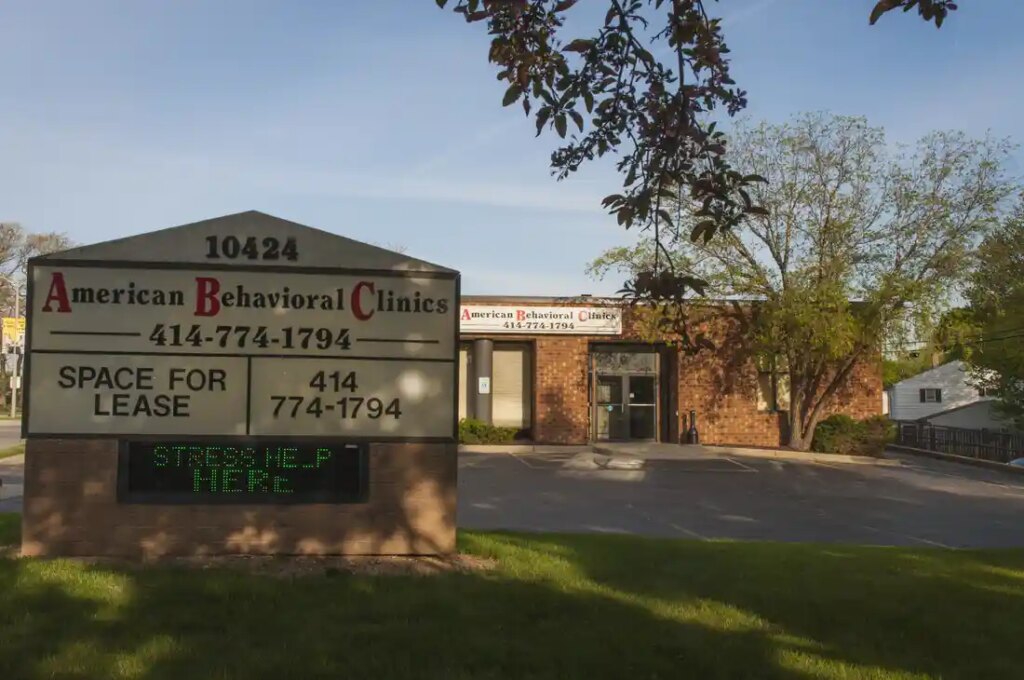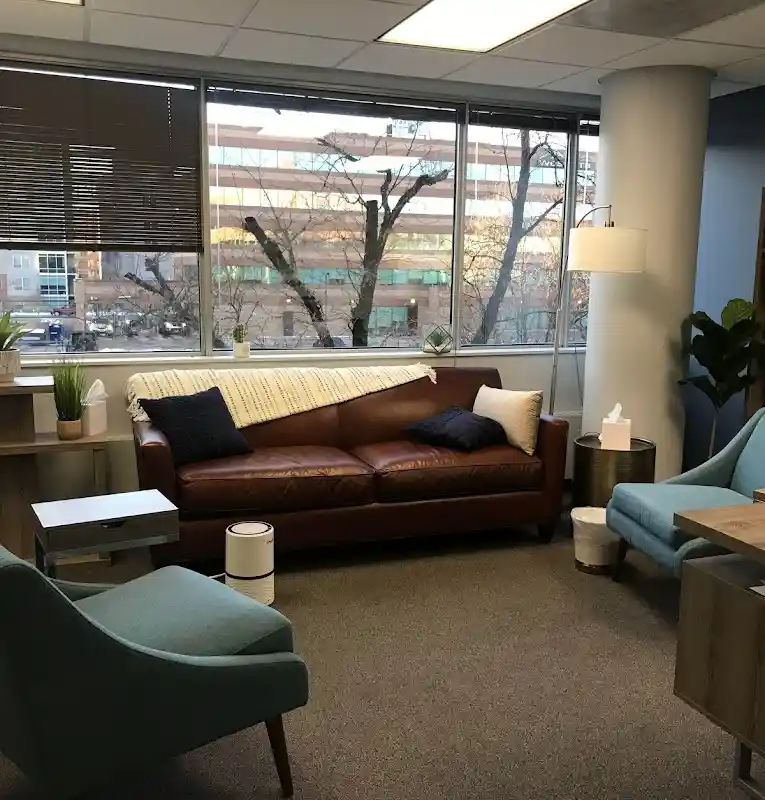






Navigating the world of mental health facilities can be daunting, especially when you or a loved one needs support. This comprehensive overview will guide you through the process of finding the right inpatient mental health center, addressing important aspects like confidentiality, financial considerations, and the role of family and friends. By understanding the available options and resources, you can confidently make informed decisions for yourself or a loved one in need.
health facilities can be daunting, especially when you or a loved one needs support. This comprehensive overview will guide you through the process of finding the right inpatient mental health center, addressing important aspects like confidentiality, financial considerations, and the role of family and friends. By understanding the available options and resources, you can confidently make informed decisions for yourself or a loved one in need.
Mental health facilities provide a variety of services and programs to aid individuals with mental health issues.
Selection of an appropriate facility requires assessing individual needs, researching treatment options, and evaluating the quality/reputation.
Family & friends can play a pivotal role in encouraging those they care about to seek help by providing emotional support & understanding.
Individuals grappling with mental illnesses like depression, anxiety, and substance use disorders find invaluable support from mental health facilities. These facilities offer a wide range of services and treatment programs designed to support persons seeking treatment for various psychiatric disorders.
Given the varied manifestations of mental health problems, gaining an understanding of the diverse mental health facilities and their offerings is pivotal to securing the most effective treatment and support.
A diverse array of mental health facilities exists to cater to the unique needs of each individual. Outpatient or day treatment facilities offer services such as individual therapy, medication management, and family counseling, allowing patients to receive treatment while maintaining their daily routine.
In contrast, inpatient units of general hospitals, residential treatment centers, psychiatric hospitals, and clinical residential treatment programs provide 24-hour care and monitoring in a more structured environment, ensuring a comprehensive approach to addressing mental health needs.
Specialized facilities focusing on substance abuse or specific mental health conditions such as anxiety, depression, or schizophrenia are also available to provide targeted support and treatment. Once familiar with the breadth of mental health facilities and their services, individuals will be better equipped to find a facility that suits their needs and priorities.
 Mental health facilities provide a broad range of services to address the varied needs of their patients. Some common components of mental health treatment, including for substance use disorders, are:
Mental health facilities provide a broad range of services to address the varied needs of their patients. Some common components of mental health treatment, including for substance use disorders, are:
Therapy: aims to explore the underlying causes of mental health issues and helps patients process difficult traumas or make necessary adjustments in their lives.
Medication management: involves the prescription and monitoring of medications to help manage symptoms.
Support groups: provide a space for individuals with similar experiences to come together, share their stories, and offer support to one another.
Holistic treatments: such as yoga, meditation, and art therapy, can complement traditional therapy and help individuals manage their mental health in a holistic way.
Confidential and anonymous resources can also be instrumental in creating a safe and supportive environment for individuals to seek help and address their mental health concerns. By utilizing a confidential and anonymous resource, people can feel more comfortable discussing their mental health issues without fear of judgment or stigma.
Each facility offers a different array of treatment options, ensuring that individuals have access to the specific treatment that best suits their needs. Some of the available services include:
Individual therapy
Group therapy
Medication management
Cognitive-behavioral therapy
Dialectical behavior therapy
Art therapy
Music therapy
Yoga and mindfulness practices
A clear understanding of the available services empowers individuals to make well-informed decisions about the most suitable and effective treatment for their mental health issues.
Finding the right mental health facility involves a multifaceted approach, taking into account factors such as individual needs, available treatment options, and the facility’s quality and reputation.
A thorough assessment of one’s mental health symptoms, previous treatment experiences, and any other medical conditions that may impact treatment options is necessary. A diligent research and evaluation of facilities allows individuals to confidently choose a mental health facility that best fits their unique needs and preferences.
When selecting a mental health facility, important factors to consider include:
Long-term care options
The expertise and collaboration of staff
Evidence-based treatment strategies
Individualized treatment plans
The alignment of mental health needs with the providers’ qualifications
To accurately determine the degree of severity of one’s mental health condition, a qualified mental health professional must conduct a comprehensive evaluation, examining symptoms, functioning, and overall mental health status.
It is equally important to assess the individual’s support system, determining if they have access to family, friends, and other resources that can aid in managing their mental health condition. Additionally, the individual must be evaluated for any co-occurring disorders, including potential substance use disorders, that may be influencing their mental health. A comprehensive assessment of individual needs can confirm the capability of the chosen mental health facility to provide the required support and treatment.
Exploring treatment options involves consulting with healthcare providers, conducting online research, and discussing the matter with individuals who have prior experience with mental health treatment. When researching, one must review the types of treatment offered, the credentials of the mental health professionals, and the treatment costs. In addition to consulting with healthcare providers, individuals may benefit from exploring online resources such as mental health support groups and patient advocacy organizations to further investigate treatment options.
involves consulting with healthcare providers, conducting online research, and discussing the matter with individuals who have prior experience with mental health treatment. When researching, one must review the types of treatment offered, the credentials of the mental health professionals, and the treatment costs. In addition to consulting with healthcare providers, individuals may benefit from exploring online resources such as mental health support groups and patient advocacy organizations to further investigate treatment options.
When researching treatment options, it’s crucial to consider elements such as:
the kind of mental health concern
the intensity of the concern
individual preferences
the accessibility of resources
Being well-informed of the available treatment options empowers individuals to make informed decisions regarding their mental health treatment.
Assessing the quality and reputation of a mental health facility involves researching online reviews, consulting with individuals who have previous experience with the facility, and inquiring about the facility’s policies and procedures. Important factors to consider when evaluating a facility include the qualifications of mental health professionals, the types of treatments offered, and the facility’s success rate. Furthermore, the facility’s location, cost, and any other elements that may influence the individual’s ability to access and benefit from treatment should also be taken into account.
Criteria such as the following should be considered when assessing the quality and reputation of a mental health facility:
Structural indicators
Outcome measures
Staffing
Availability and accessibility of services
Care coordination
Scope of services
Patient satisfaction
A comprehensive evaluation of these factors can help individuals choose a facility that assures the highest quality of care and support for their mental health needs.

Confidentiality and anonymity are of paramount importance in mental health treatment, fostering a safe and trusting environment for patients to share their private and sensitive information without fear of judgment or exposure. HIPAA regulations protect patient privacy, ensuring that their health information remains secure and is only shared with authorized personnel.
Counseling, support groups, and crisis hotlines are examples of confidential support services that offer a secure and supportive environment for individuals to openly discuss their mental health issues without fear of judgment or disclosure.
The Health Insurance Portability and Accountability Act (HIPAA) is a federal law that safeguards the privacy of individuals’ health information. HIPAA mandates healthcare providers to:
Keep patient information confidential and secure
Only share it with authorized individuals
Offer patients access to their health information
Provide them the opportunity to amend any inaccuracies.
In mental health facilities, HIPAA regulations ensure that providers maintain the confidentiality of patient’s psychotherapy notes. Healthcare providers must acquire written consent from the patient prior to sharing these notes with other healthcare providers, reinforcing the importance of confidentiality in mental health treatment.
When someone refuses mental health treatment, listen to their feelings, ask questions, offer options, and get referrals to mental health services. Allow them to make their own decisions while providing support.
If physical abuse is present to any degree, it is important to walk away from someone with mental illness as soon as possible for safety reasons.
Mental health facilities range from outpatient and day treatment facilities to residential treatment centers, psychiatric hospitals, and clinical residential treatment programs.
Assess your individual needs for mental health treatment by considering factors such as symptoms, prior experiences, support system, and co-occurring disorders.